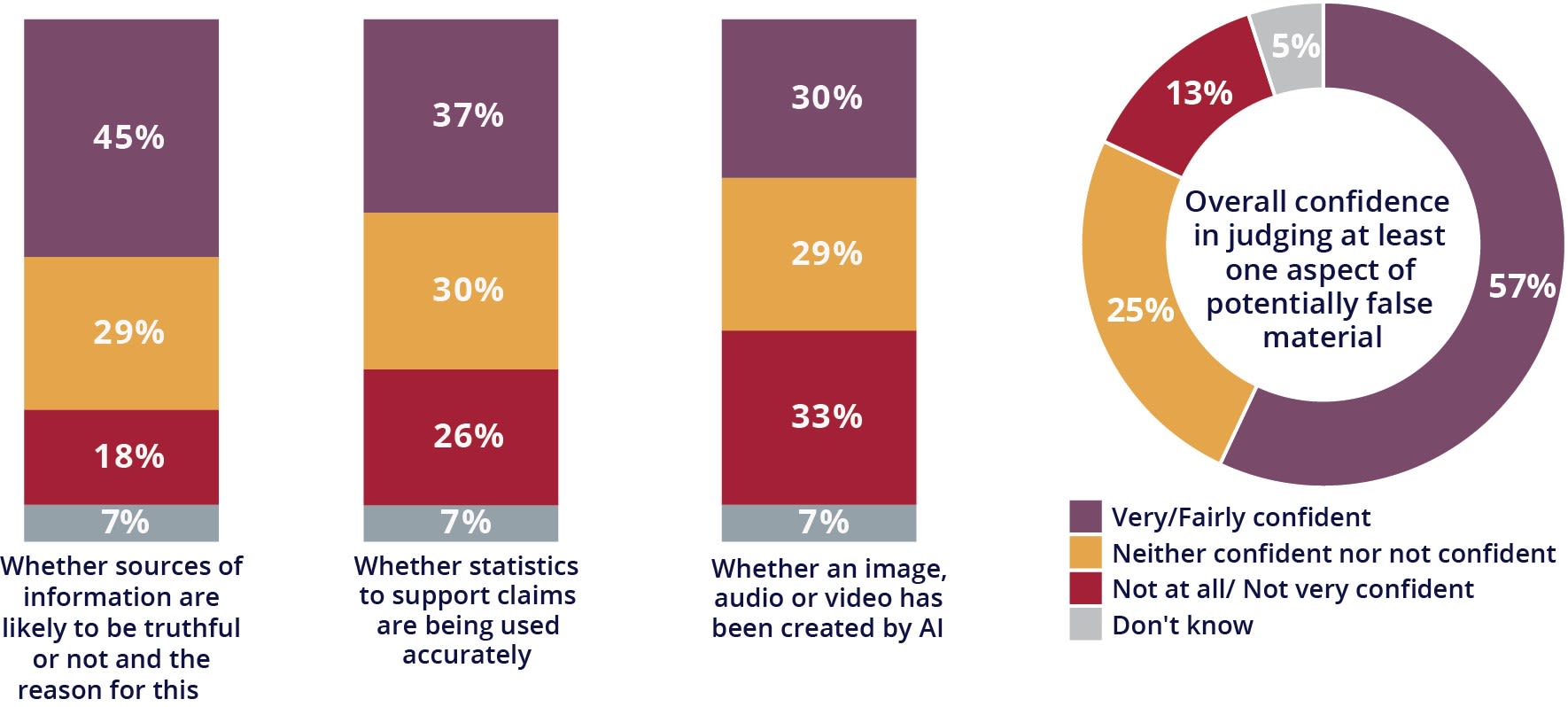One in four adults finds it difficult to distinguish between true and false information
How can we boost media literacy across the UK?

In an increasingly complex information environment, UK citizens need media literacy skills more than ever.
According to Ofcom, media literacy is: “the ability to use, understand and create media and communications across multiple formats and services”.
Media literacy helps us think critically about the content we create and consume, both online and offline.
It empowers individuals to become informed and responsible citizens. It also builds personal resilience against harmful content such as financial scams and online abuse.
Improving media literacy is essential
Technological changes have transformed our media and information environment. The unprecedented influence of online platforms, the exponential rise in AI-generated material and the sheer volume of content now available make it harder than ever to navigate.
But indicators suggest that many UK citizens lack vital media literacy skills.
Almost half of UK adults using social media say they have come across a news story that is misleading or untrue this year. But only 45% are confident they can judge whether sources of information are trustworthy, and only 30% feel confident judging whether content is AI generated.
One in three eight to 17 year-olds think all or most information on social media is true.
Adults' confidence in judging information online
Source: Ofcom, Understanding misinformation: an exploration of UK adults’ behaviour and attitudes, Making Sense of Media (November 2024)
Source: Ofcom, Understanding misinformation: an exploration of UK adults’ behaviour and attitudes, Making Sense of Media (November 2024)
Our inquiry aimed to identify and prioritise the key actions required to enhance media literacy skills across the UK population, to enable citizens to navigate the digital world safely and responsibly.
Hearing from young people, parents and teachers
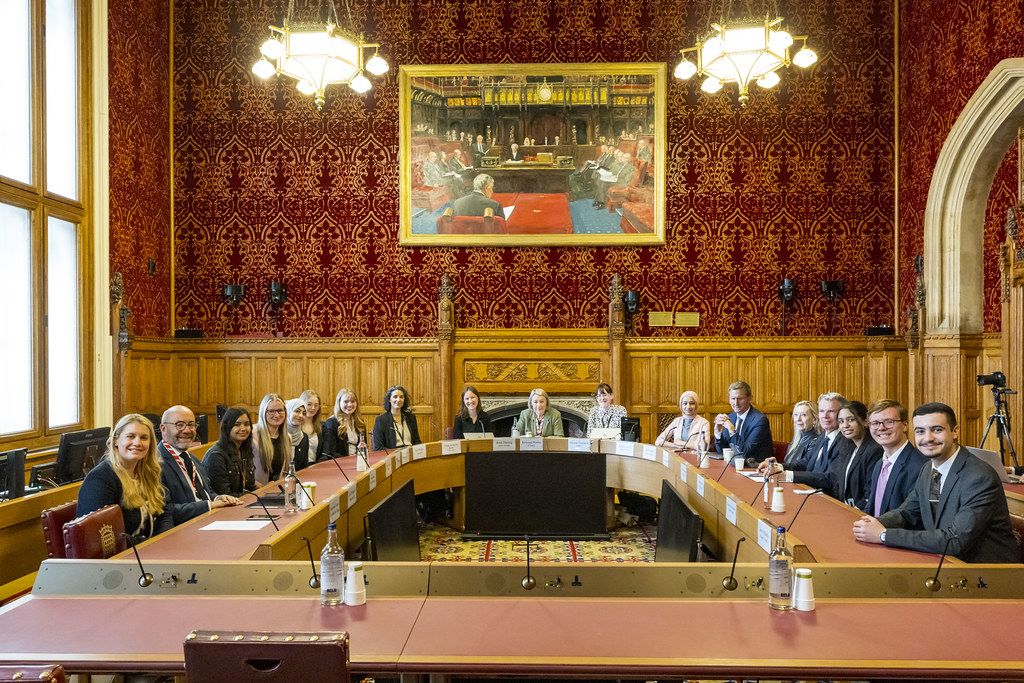
During our inquiry, we spoke with members of the Youth Select Committee (YSC) and visited a primary school in north London, where we talked to teachers and parents.
Members of the YSC told us that media literacy is an important life skill. But, in their experience, it is not consistently taught in schools. The YSC’s report on social media and youth violence called for media literacy to be embedded in the national curriculum.
During our visit, we heard that teachers need support and training to introduce critical thinking skills across different subjects. Teachers told us that media literacy skills need to be reinforced at home, too.
While the parents we spoke to were not very familiar with the term ‘media literacy’ they shared concerns about their children’s ability to make sense of the content and opinions they encounter online. At the same time, parents said it was important that children spent time online to develop the digital skills they will need for the future.
Our three key recommendations to the Government
Based on these conversations, and the evidence we received from expert witnesses, we identified three priority areas for action to improve media literacy skills in the UK.
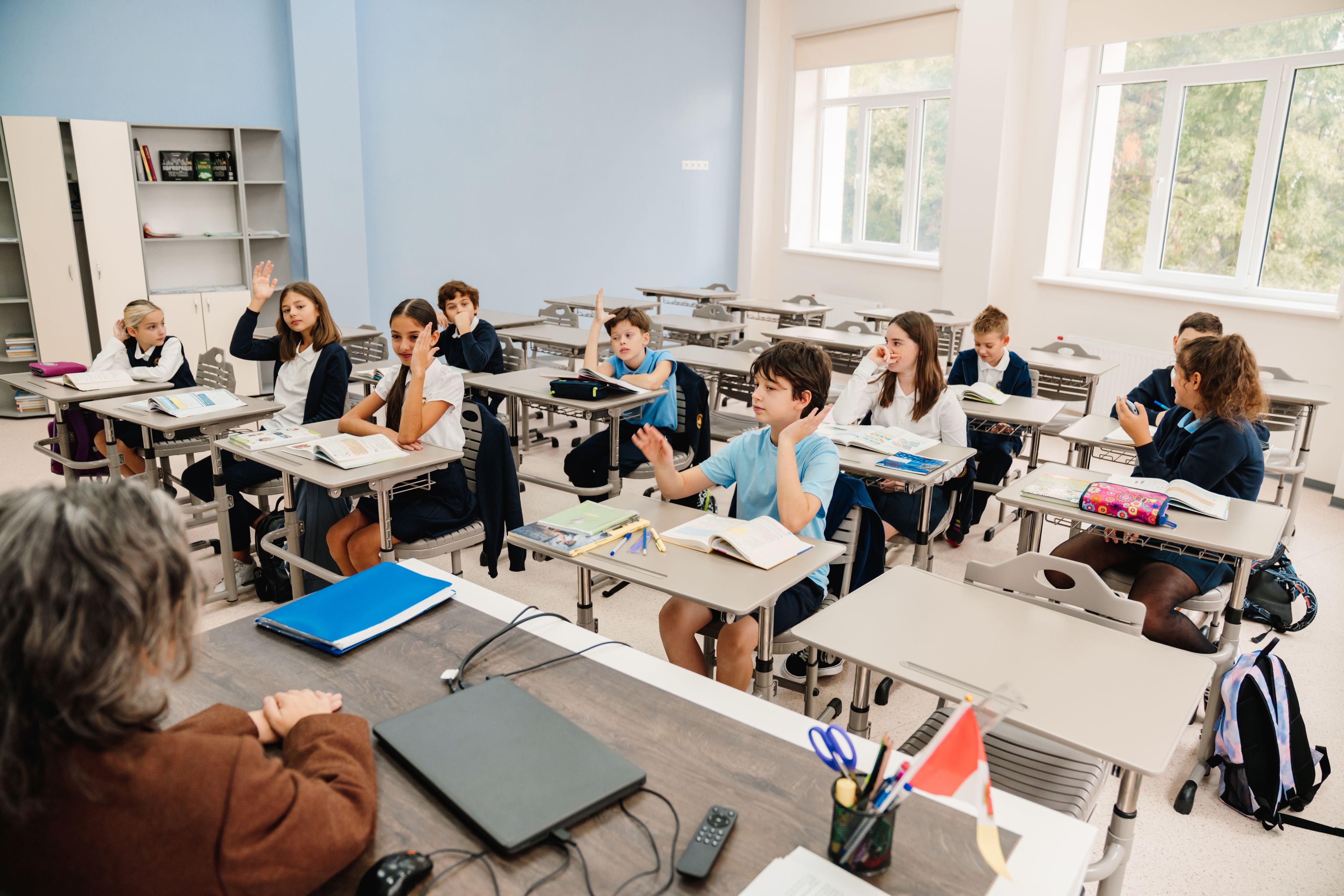
1. Embed media literacy across the national curriculum
“Current provision for the development of media and information literacy skills within English secondary schools is patchy at best, and is almost non-existent within primary schools."
Children need to learn to question media content and make informed judgements about what to trust.
Media literacy education must start early and be incorporated across a broad range of subjects in order to be effective.
We heard, though, that media literacy education is currently a "postcode lottery". The topic is often relegated to optional subjects, taught in one-off assemblies or absent altogether.
The ongoing curriculum and assessment review provides a key opportunity to improve media literacy education in England.
The Government should embed media literacy across the curriculum.
It should also update teacher training programmes to build teachers’ confidence and skills in covering this topic.

2. Demand more from platforms
“Despite their significant and fundamental impact on the media landscape and users’ vulnerability to harm, currently there is no formal requirement for platform or technology companies to support media literacy.”
Stakeholders argue that platforms have a responsibility to support their users to build media literacy skills and think critically about the information they encounter.
We heard that technology companies should also provide long-term, sustainable funding for independent media literacy efforts.
While some platforms engage in or fund media literacy activities voluntarily, the impact of these is often hard to measure.
Ofcom should not rely on the goodwill of platforms.
Ofcom should set out minimum standards for platforms’ media literacy activity and use its wider powers to increase transparency from platforms.
A levy on platforms should be introduced to provide stable, long-term funding.
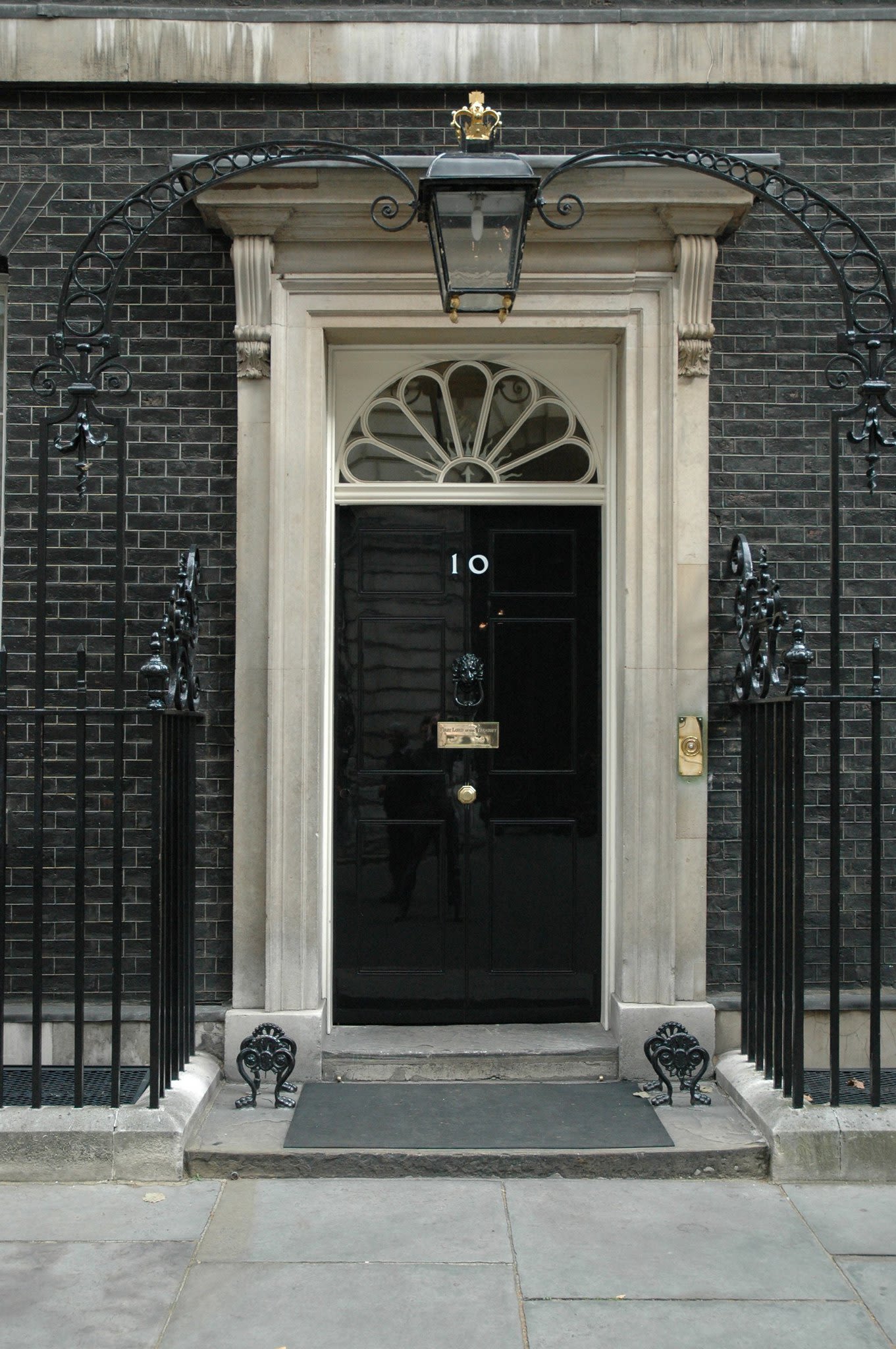
3. Prioritise media literacy across Government
“Only the government can coordinate efforts between departments, mandate action at a local authority level and place media literacy in the curriculum.”
Past efforts by the Government and Ofcom have failed to make real improvements in media literacy across the UK.
Initiatives have been scattered across departments, with limited join-up and no long-term strategic vision.
We heard that Ofcom’s media literacy strategy and research are valuable, but the role it can play is limited.
The Government must provide the necessary leadership to coordinate media literacy work across education, public services and local government. This work must be led by a minister, with clear lines of responsibility.
What happens next?
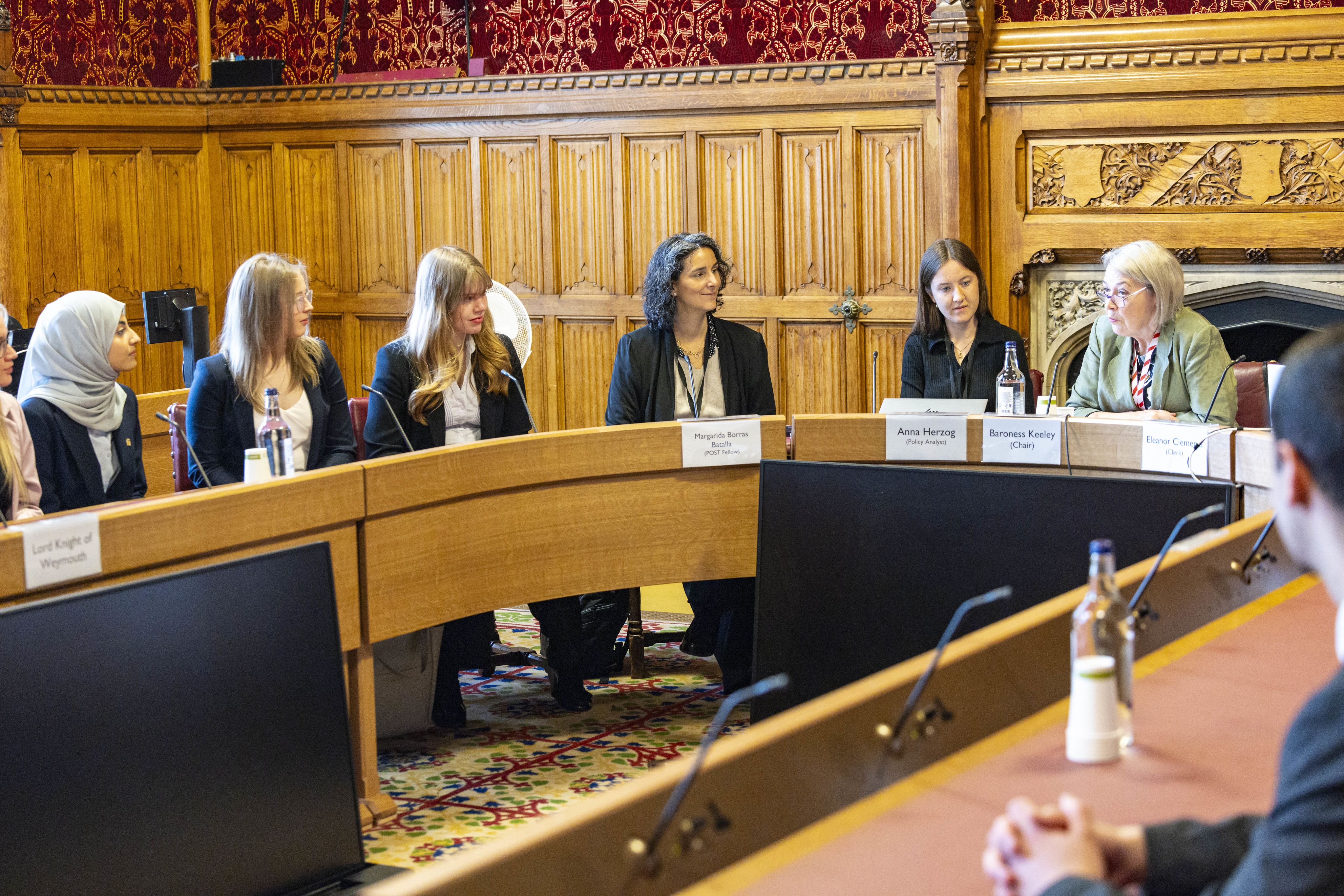
We have made our recommendations to the Government and it now has two months to respond to our report.
Read the full report on our website.
Find out more about our inquiry and our committee.
Follow the committee @LordsCommsCom.
Cover image: Bits and Splits - stock.adobe.com
